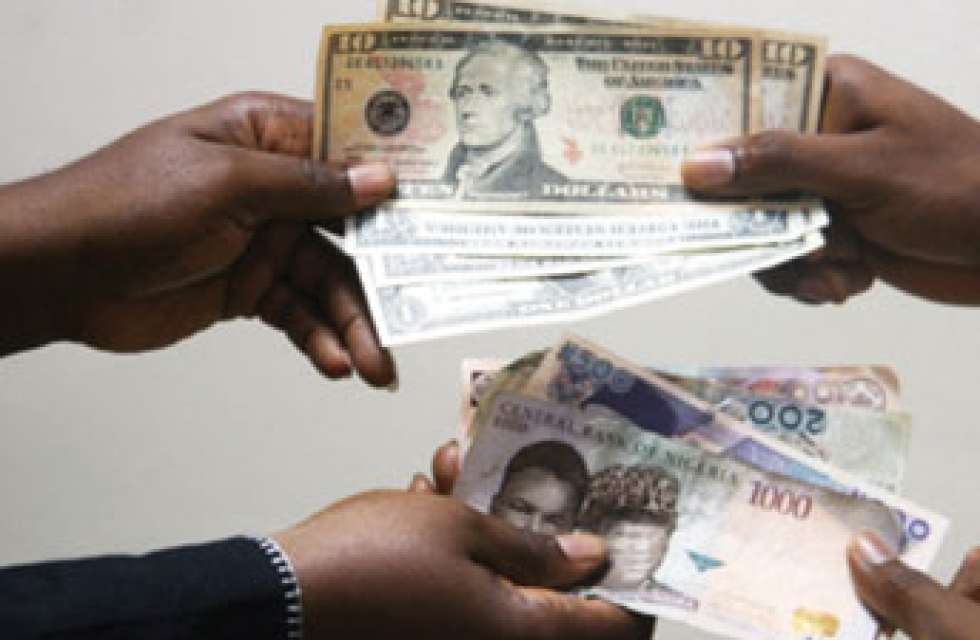
The Central Bank of Nigeria (CBN) is likely to allow the naira exchange rate at the Investors and Exporters’ (I&E) window to depreciate towards N455/$1 at the end of this year, analysts at CSL Research have said.
The analysts, who stated this in a report released over the weekend, also said they believe that the Bank of America’s (BoA) recent prediction that the naira would be devalued to N520 per dollar at the official market after the election next year, “may not be farfetched.”
According to the analysts, although Nigeria is grappling with one of its most serious fx crisis in history, the naira’s exchange rate for the rest of 2022 will depend on the CBN’s capacity and willingness to defend the local currency rather than valuation pressures. According to the analysts, “the naira has fallen to low levels in the past weeks, amidst the ongoing dollar scarcity.
Nigeria is experiencing one of its worst FX crises in history due to increasing demand for FX amidst low supply. Fundamental market pressures are clearly turning depreciatory and are likely to remain so over the remainder of the year amid declining investment inflows and fiscal expansion.
“However, the rate is clearly being heavily managed by the CBN. As such, the rate for the rest of the year depends more on the CBN’s willingness and ability to maintain it at its current level than on fundamental or valuation pressures.”
They further stated: “From a willingness perspective, we believe that the CBN has always been and is very keen to prevent further devaluation especially not during the run up to the elections, when devaluation of the currency will be an unpopular decision. “As for the CBN’s ability to maintain the rate at its current level, we note that despite the high oil price, occasioned by the Russia-Ukraine war, Nigeria has failed to benefit from it due to limited production and the maintenance of a subsidy regime, which is estimated to cost the country at least N4 trillion this year.
“High oil prices imply increased cost of refined products and Nigeria continues to spend a huge part of its FX earnings on the importation of Petroleum Motor Spirit (PMS) and other refined products due to the complete absence of local refining capacity. The country has also failed to significantly increase its non-oil exports.
Rice, a staple for Christmas celebrations in Nigeria, has become a luxury this year. Soaring…
Panic erupted on Saturday at a concert in Lagos when the stage collapsed during Odumodublvck’s…
The Federal Government of Nigeria has allocated ₦6,364,181,224 billion for the refurbishment and rehabilitation of…
The black market dollar to naira exchange rate for today, 22nd December 2024, can be…
The Nigerian National Petroleum Company Limited (NNPCL) has refuted claims that the 60,000 barrels per…
Manchester City finds itself in unprecedented turmoil, with relegation-level form showing little sign of improvement.…